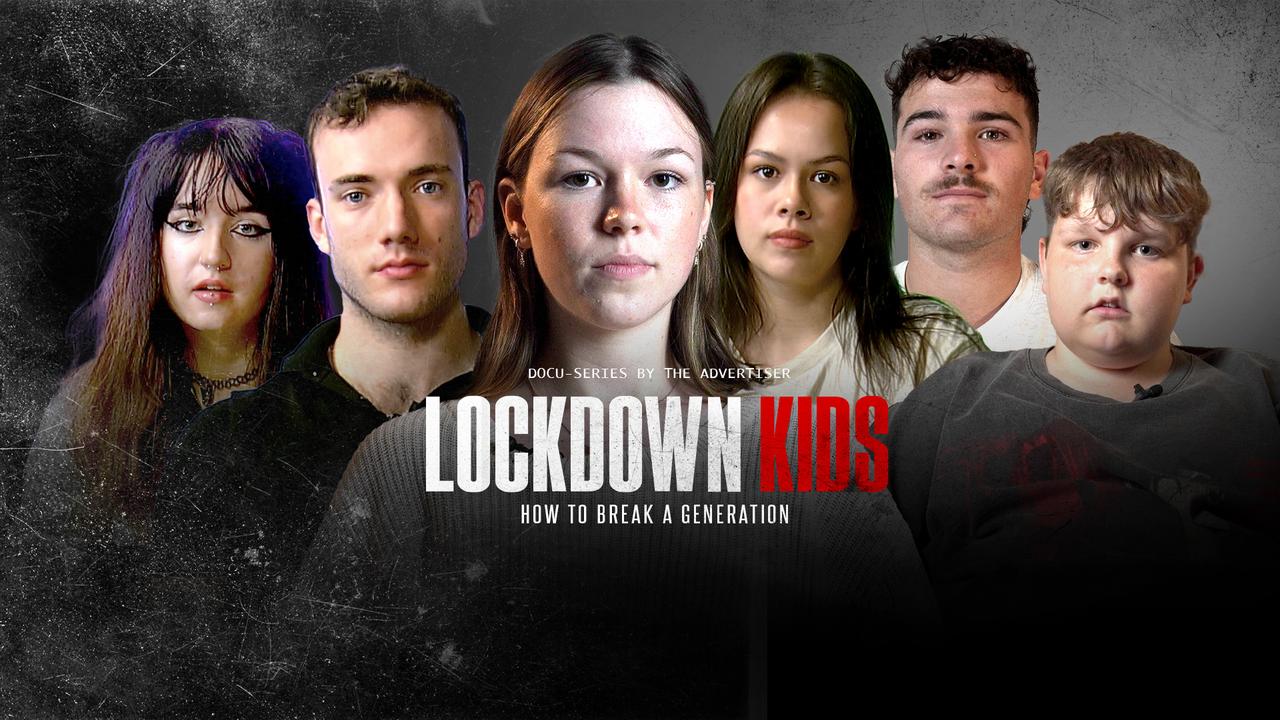Survive the drive Tasmania: Road Safety Council’s Scott Tilyard weighs in on fatal five
Drivers still have much to learn if the state is going to reduce the road toll, the new chair of the Road Safety Council says as a trauma counsellor gives insights into how a fatal accident affects those left behind.
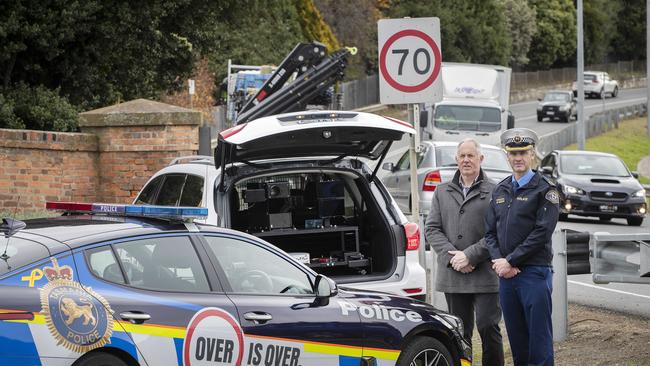
News
Don't miss out on the headlines from News. Followed categories will be added to My News.
DRIVERS still have much to learn if Tasmania is going to reduce the road toll, the new chair of the Road Safety Council says.
Scott Tilyard, a former high-ranking police officer, is concerned that, already in 2023, the number of people seriously injured and killed on the state’s roads is outstripping 2022.
Last year, 51 people died on the roads, prompting the Mercury to join forces with Tasmania Police, emergency services and the family of Logan Braunack, a 25-year-old killed in a single-vehicle accident, to start the Survive the Drive Campaign.
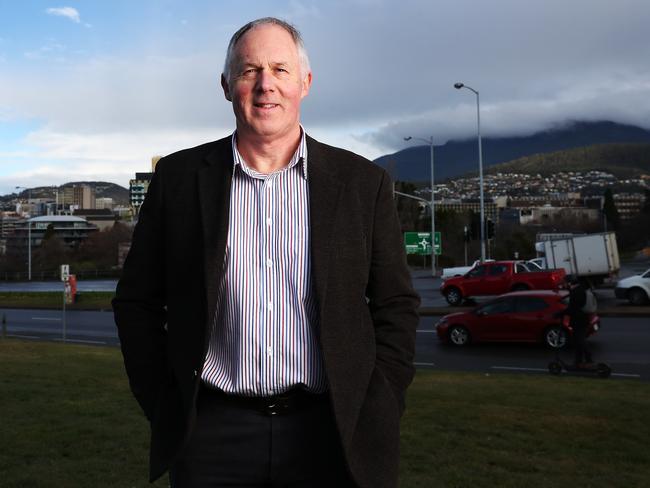
Mr Tilyard said that seven people had already died on the state’s roads in 2023, one in front of the same time last year.
The other alarming statistic was that 66 people received serious injuries in crashes compared with just 37 to the same date in 2022.
A person is classified by authorities as having a serious injury if they spend more than 24 hours in a hospital after the crash.
Mr Tilyard said that too many people were still not taking road safety initiatives, such as the Fatal Five, seriously.
“The most significant way to reduce the road toll would be for all road users to concentrate on the driving task, pay more attention, drive responsibly and to the conditions and comply with the road rules,” Mr Tilyard said.
“They’ve heard the messages many times, but driving is something a lot of people do every day without incident, so they take it for granted and they don’t necessarily think about the inherent risks.”
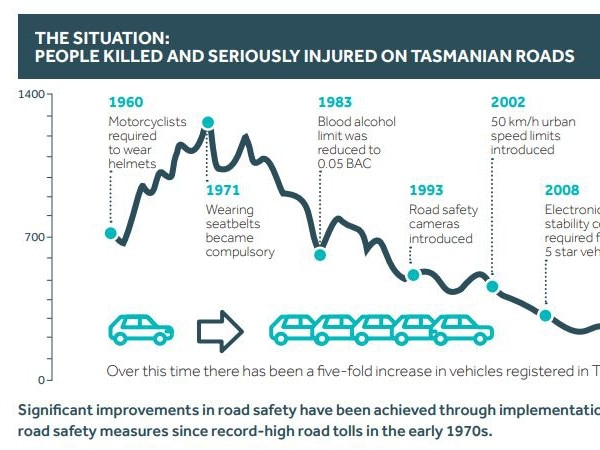
Mr Tilyard said the largest cause of crashes in Tasmania was speed, sitting at about 29 per cent of all crashes.
And that’s not necessarily people exceeding the speed limit, but includes people driving too fast for conditions.
He said the mindset of many people had not changed like it had to other safety factors, such as wearing a seatbelt and drink driving.
“It’s simple — speeding is killing people,” Mr Tilyard said.
Following speeding, alcohol and drugs at 24 per cent was the next biggest killer followed by distraction 24 per cent, not wearing a seatbelt 9 per cent and fatigue at four per cent.
The most dangerous roads to drive on were in the country with more than 60 per cent of all fatalities happening on rural roads.
Mr Tilyard urged people to take their time and do the right thing on the road.
“To achieve our vision of zero deaths and serious injuries, we need the community to play its part through responsible behaviour and consideration of all road users,” Mr Tilyard said.
Road trauma victims ‘never the same’
INJURED survivors, grieving families, bystanders - serious vehicle crashes impact the mental health of everyone involved.
However if you have been touched by road trauma, you are not alone.
Counselling from MAIB-funded Road Trauma Support Tasmania is available to any member of the public impacted by a crash.
“It’s basically a counselling service for anybody who has been affected in any way by a crash. They could be a victim, they could be a driver who has been dreadfully in the wrong, no judgements,” said grief and trauma counsellor Beth Rees.
While some clients are introduced to the service by MAIB, police or emergency services, a referral is not required.
Once a person calls they are put in touch with a counsellor in their region.
They may receive counselling over the phone or in person.
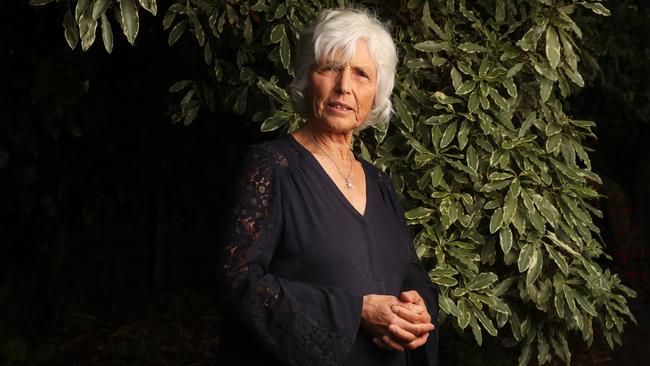
Ms Rees said road trauma impacted a person’s mental health in a variety of ways - sometimes long after the event.
“They might have nightmares, they might feel like they are overreacting to everything,” she said.
“We speak to people who are so injured they have to rethink their whole life.
“We’re never the same after a trauma like that. But they do come out of it feeling like the next part of their life isn’t so unbearable after all.”
Ms Rees said there was no limit to the time frame around when a person could receive counselling, and no limit to the number of sessions.
“I think the longest I’ve had is someone who had an experience 16 years previous and realised they hadn’t really sorted it out,” she said.
Mr Rees said she found her work both complex and rewarding.
While some required ongoing support, others benefited from limited interaction with the service.
“It’s just the feeling, when you are traumatised, that someone has got your back,” Ms Rees said.
To seek help from Road Trauma Support Tasmania visit roadtraumasupport.org.au, call 0427 487 251 or visit their Facebook page.


